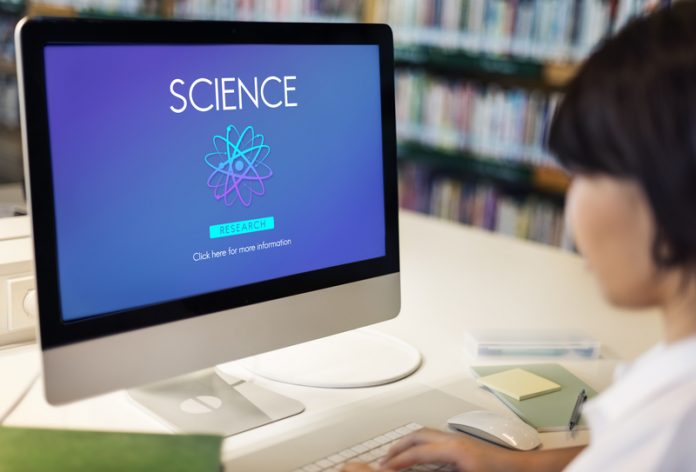Carlos Moedas, European Commissioner for Research, Science and Innovation has ambitious and exciting plans for unprecedented funding for research, science and innovation in Europe, as this analysis from Open Access Government reveals
One of the responsibilities of Carlos Moedas, European Commissioner for Research, Science and Innovation is to ensure that research funding programmes, notably Horizon 2020, contribute to the European Commission’s all-important jobs, growth and investment package. While Moedas has many other important responsibilities, it is worth focussing on this aspect of his work that he recently detailed in a speech at the Euro Science Open Forum 2018 during July 2018.
In this speech, Moedas details the European Commission’s new framework programme: Horizon Europe. In his view, this is more than a science programme, indeed, it needs to be the cornerstone of a new ‘social contract’ between citizens, governments and scientists. Referring to the well-known Social Contract book of 1762 by Jean-Jacques Rousseau, Moedas draws our attention to the fact that authority comes from a social contract agreed upon by the people. Moedas then develops his thoughts on this fascinating remark.
“Science is not carried out by governments. Science is the product of the hard work of scientists. Human beings are the true owners of the results of science. This is what Rousseau said 300 years ago. That is why we need to redefine the terms of the social contract between people, science and governments. Because science has changed and so have we.”
Moedas goes on to say that a social contract he believes in is one where citizens and scientists are at the heart of public policies. Moedas envisions a social contract that brings people closer to science and where Europeans feel proud of European science. Crucially, he tells us that he wants Horizon Europe to be a cornerstone of this movement. To support this ambition, we find out that the European Commission has proposed a budget of €100 billion for science and innovation in Horizon Europe, an amount that is unprecedented for them in this respect. The three primary objectives in this vein are Open Science, Open Innovation and Global Challenges he explains.
Looking at, Open Science and Open Innovation, Moedas states that these two pillars are the basis for a social contract where the scientist and the innovator are at the heart of today’s digital world. As such, the European Commission is fully behind boosting ‘Open Access’ and ‘Open Data’ policies. He explains more on Open Access in his own words.
“Here our message is simple: if you receive public money, you must publish with open access. We cannot continue to allow people to publish where the only way to access the information is to buy it. One of the main rights of the taxpayer is access to the information.”
An additional point Moedas raises is that the success of the European Research Council (ERC) must continue – which is why the European Commission has increased their budget from €13 billion to €17 billion. He stresses that this is the largest budget line of the entire Horizon Europe programme.
Added to these points, Moedas underlines the need for radical change when it comes to innovation, which is why the European Commission will set up the European Innovation Council (EIC). This is where innovators tell the European Commission the route they want to take – not the other way around. Moedas develops this radical policy ambition further in his own words.
“This is where innovators tell us the route they want to take. Not the other way around. Innovators will be at the heart of the process and so the subjects of our calls will be open and free of restrictions. We will interview and evaluate the person behind the proposal, and not just the proposal itself. We will bring in project managers to guide every innovator and to help them in their work. What I am saying is we want to finance the innovator, and not the innovation.”
As we bring this article to a close, we must not leave out Moedas’s reflections on Open Science, which he believes will be a major resource for the EIC. He adds that much of the radical innovation we see today comes from basic science. Moedas details this point further before offering his closing remarks about the future of science at the Euro Science Open Forum 2018 event in the U.K.
“We are seeing the most exciting innovations going back to their basic science roots, like CrispCas9 or blockchain. So the EIC, the ERC and universities will need to work more closely in the future to reinforce each other. And from that we will get stronger science and innovation.
“The future of science will shift the lines of authority of European science and create a new connection between the government, the individual and science. Just as Rousseau said all those years ago. This is the basis for a new social contract in which all three are at its heart, communicating and building the future together. We need to do this for our scientists. And we need to do this for the future of science in Europe.” ■
Open Access Government











